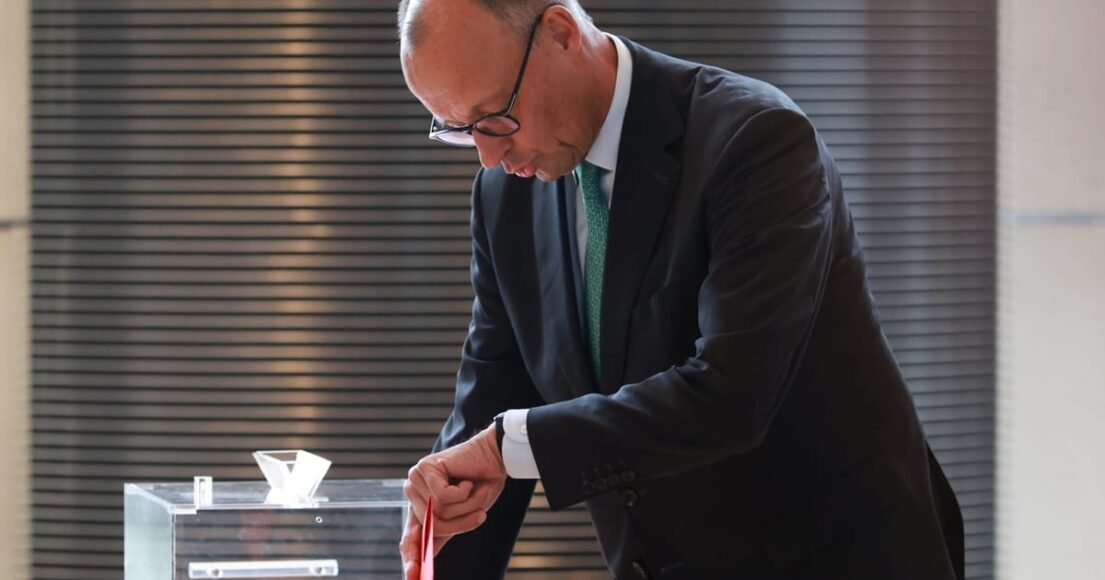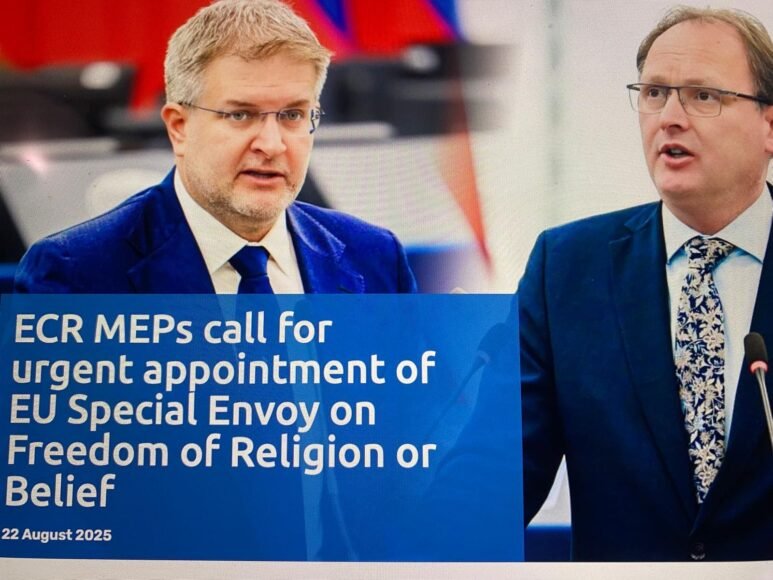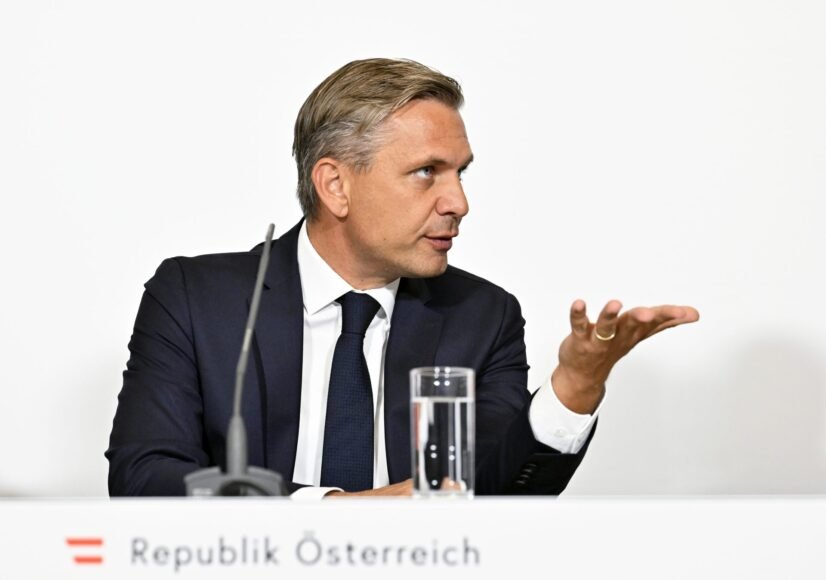
The Regular Session of the European Alliance of News Agencies (EANA), hosted by the Athens-Macedonian News Agency in Athens, addressed the threats posed by misinformation and the challenges of Artificial Intelligence, among other topics.
Pavlos Marinakis, Deputy Minister to the Prime Minister and government spokesperson, stated, “A significant threat to quality journalism today is the overwhelming presence of fake news, misinformation, and algorithm-driven echo chambers. False narratives, deepfakes, rumors, and conspiracy theories erode public trust, polarize communities, and undermine democratic discourse.”
Aimilios Perdikari, president of the Athens-Macedonian News Agency, asserted, “News Agencies are the guardians of authentic news and hold the responsibility of upholding the truth.”
Mr. Marinakis outlined necessary responses to these challenges: “We must strengthen independent and impartial journalism, ensure source transparency, and promote accountability.” He underlined, “The credibility of a news agency is rooted in its integrity, avoiding distortions or simplifications for the sake of clicks.”
On the topic of Artificial Intelligence, he remarked that “we need to implement tools that aid in verification, support fact-checking, and identify synthetic content, while ensuring editorial oversight and maintaining ethical standards beyond what algorithms can provide.”
Mr. Marinakis emphasized the importance of cross-border cooperation, noting how misinformation spreads across borders. “EANA’s strength lies in pooling resources, sharing best practices, and coordinating responses,” he stated.
To counter misinformation, he shared that “the Greek government has repealed basic defamation laws to better protect journalists,” and has increased “penalties against violence towards journalists within the context of fan violence legislation,” established “Registers of Print and Electronic Media for transparency in ownership and fair allocation of state aid,” created a Working Group “for journalists to voice concerns and influence protective policies,” and founded the International Center for Journalist Safety Training, with the Athens-Macedonian News Agency as a founding member.
In closing, Mr. Marinakis emphasized: “We will defend press freedom, enhance media pluralism, and ensure there is a legislative framework that protects journalistic endeavors.”
Aim. Perdikari: Credibility as a Core Value
Aimilios Perdikari highlighted that “to maintain our historical role in the media sphere amidst increasing challenges, we must adapt and reassess many aspects of our operations.”
He noted that “Artificial Intelligence, fact-checking, digital content, social media, and on-ground reporting are all part of this complex landscape.” He stressed, “Credibility must guide us above all; it differentiates us from other media.”
Mr. Perdikari recognized the Athens-Macedonian News Agency as “a vital regional agency and a reliable partner for EANA,” and affirmed its significant independent role in the Greek media landscape despite facing unjust criticisms regarding political pressures on public entities.
He asserted that public agencies must collaborate with private ones. “Collaboration is essential to tackle contemporary challenges, and EANA provides the optimal platform for this,” he concluded.
Fabrice Fries, president of EANA and CEO of the French News Agency (AFP), remarked, “A decade or more ago, Greece overcame an economic crisis, and now France faces similar challenges.”
Founded in 1956, EANA comprises 32 member agencies that collectively reach an audience of approximately 750 million.
The conference will continue on Friday with the election of EANA’s new Board of Directors, with Mr. Perdikari nominated by 24 member agencies. (25/9/25)













Leave a Reply